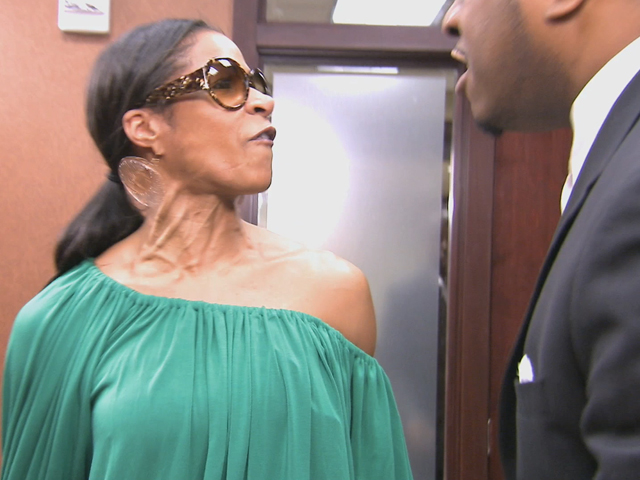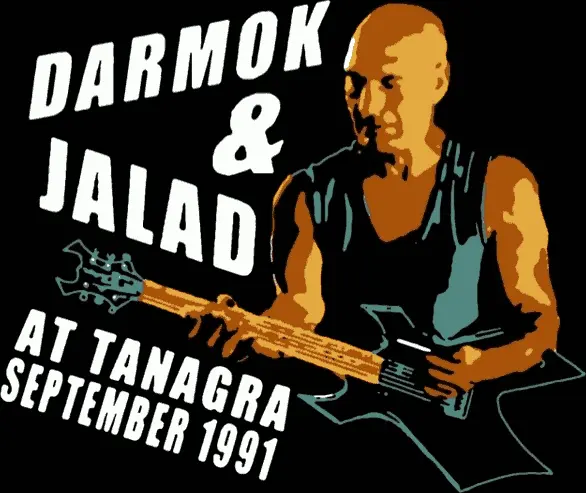Finally! My time on Lemmy has come! For those who do not know, the phrase “Who Gon’ Check Me Boo?” was uttered by none other than Sheree Spring-Summer-Winter-Joggers Whitfield, of Real Housewives of Atlanta fame, while arguing with her party planner during the Season 2 premiere in 2009. The phrase temporarily shut down the man’s argument, before the conflict then escalated to the point that both were shouting at one another, leading to the iconic vein popping out of Ms. Bone-Collector Whitfield’s neck.
(I know that’s not the point of this post, but the Bravo communities are the thing I miss the most about the other bad place, so when I see a RH reference, I fucking jump on it)

This made me unreasonably happy for you and I legitimately smiled.
Security articles and blogs slapping “for fun and profit” onto the end of all of their titles
“For fun and profit” considered harmful
References not everyone gets are a form of gatekeeping too just saying.
Or they might be just a sign of playfulness. They can present a barrier for those who don’t know, but I doubt it’s intentional, so I wouldn’t call it gatekeeping.
Also, it’s just a playful first half of the title. The other half explains the important stuf in a traditional way, so noone gets harmed, right?
This is true. As an old non-techie woman on Lemmy, I miss a lot of them.
However, “Who gon check me, boo?” was comprehensible (and funny) to me even though I have no reference for it. Combined with the rest of the title, especially adding the profile images, her point is abundantly clear. I don’t need to know where it came from to chuckle at it.
Her reference here is certainly more of a turn of phrase but the fact that shes defending pop culture references as communication while accusing of gatekeeping is what’s more hypocritical. Especially since her reply isn’t the title of an actual article.
In what way?
Not everyone watches or even can watch the same media. It assumes a lot of commonality between the writer and the reader. Is some Indian researcher going to know about some joke from The Office?
Getting the joke is not necessary for understanding the article and even the title has the explanatory other half, right? The joke is just a bonus, not gatekeeping.
I think they’re referring to the implicit exclusion, since it amounts to an “inside joke” which lends to cliquish social dynamics. Gatekeeping proper usually connotes more intentional and targeted action, but I think that’s what they mean. Personally I try to be more selective than I once was, when using references in groups, for that very reason.
Shaka, when the walls fell…
Darmok and Jalad at Tanagra!

OMG the perfect reference!
For those interested, there’s an episode of Star Trek the plot of which revolves around an extreme example of this style of high context communication.
I mean, I get that it’s easy to burn out on all the goofy titles. For example, in machine learning there’s a model architecture called BERT so there’s hundreds of papers with wordplay referencing a character from an old US children’s educational TV show Sesamie Street. Similarly a bunch of NEuroMOrphic computing models are named Nemo with titles referencing the Pixar movie Finding Nemo. Of course, any joke can be tiring with repetition.
But good papers are accessible to a variety of audiences, including visitors in the space, and the point of that technique is to offer a “hook” (to borrow a term from music) that makes the material more approachable and fun to the uninitiated.
TLDR: I empathize but yeah dude’s wrong
Call me a downer if you want, but I think scientific papers should be above using clickbait titles. Scientific papers should be dry, boring and technical so that there’s no doubt that a paper is popular because of its content and not the personality of its writer.
When a scientific paper has one of those titles I assume it is bullshit until proven otherwise. I can not trust a paper that does not even trust itself to stand on its own merits.
I agree.
Except for the “this paper will be sad if you don’t read it” one, that one’s on point.
I mean, we’re not talking about mutually exclusive properties.
Whether a paper is more or less dry and whether it’s more or less accessible to newcomers is separate from the quality of the contribution.
You can have both.
Is this a real title? Jesus. In 5 years we’ll have ‘Totes mad bro, a study in lit lit and the whoop stats of medi writing stans’, ‘10 reasons peer reviewers hate this one weird trick’.
When we were young, the world was still on track. We’d never dare to be this audacious, to vandalize the language and soil the academic dignity and precision. The new generations are lost.
It’s a joke. She is telling this person not to gatekeep scholarly articles for some mundane reason
I would like to know what articles the first person is talking about before deciding if they’re out of line or not.
It’s a tweet, but please don’t let that stop you from getting mad about it.
I’m not mad nor did I even assume it was real, which is why I asked. I don’t have the bandwidth to research shitposts, only to make stupid comments on Lemmy.
We’re living in Idiocracy, though, so I honestly would not be surprised.
Its a satirical response to the first post, based on the timestamp.
Ah, I didn’t notice that until I saw your comment and went back to look at the original image again. Thanks 😁
Motherfkin Mike be straight trippin and shit.
It’s whimsical, Leland.
In a chat I ma in someone made the same point with “having sex with your coworkers is bad: a novel hash weakening technique”
deleted by creator









